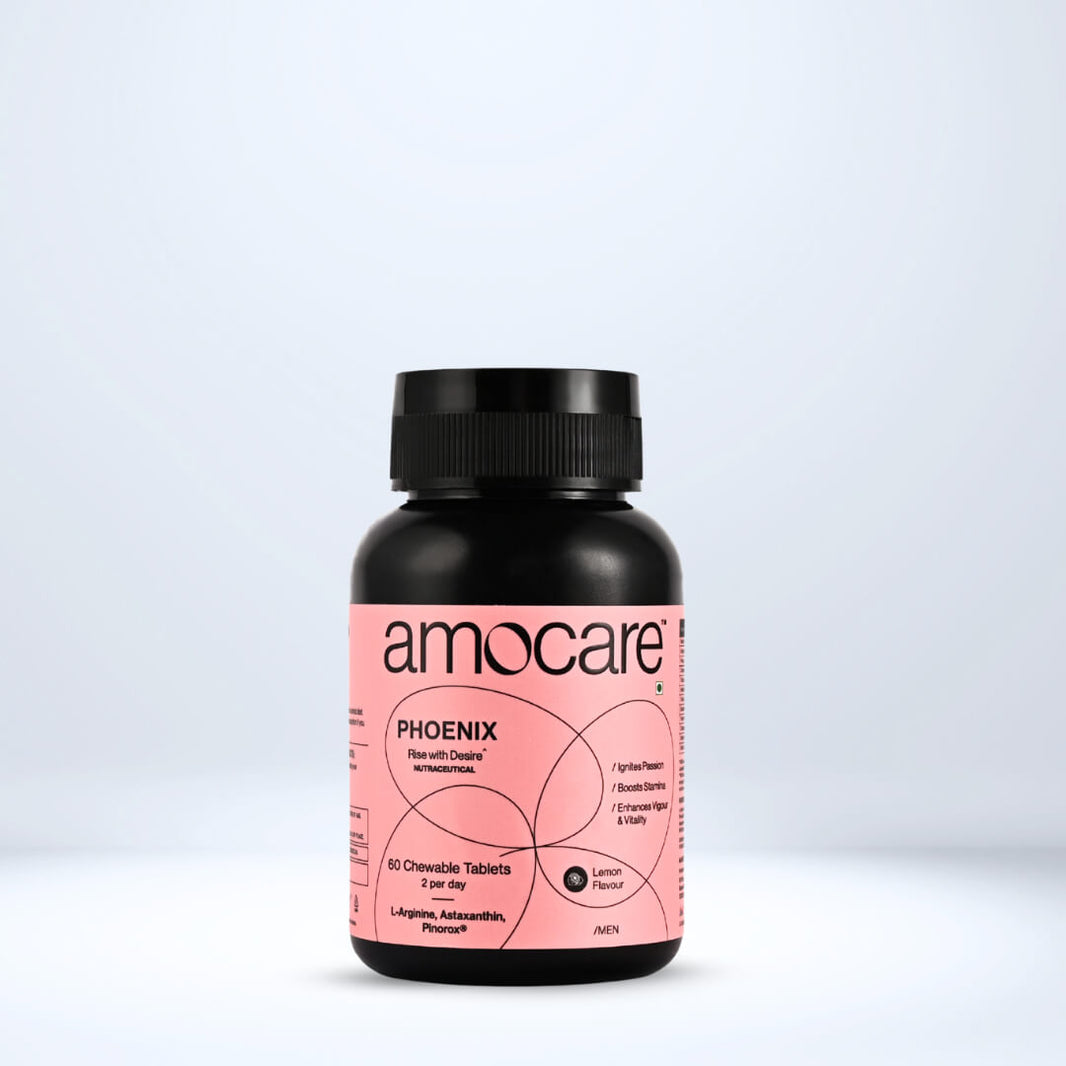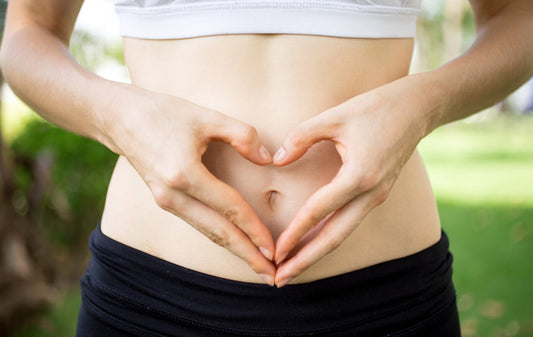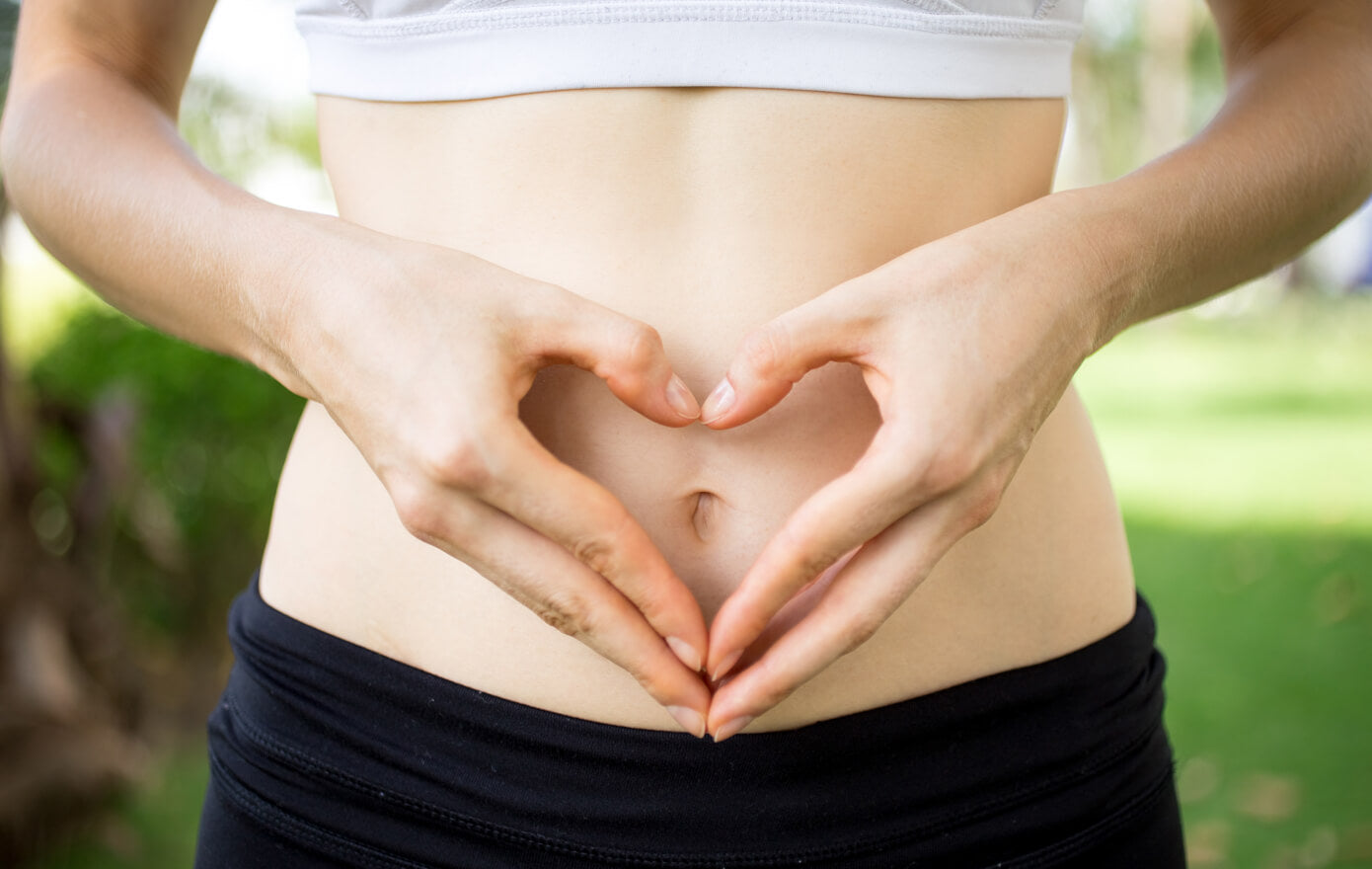Polycystic Ovary Syndrome (PCOS) is a hormonal condition that affects many women, causing not only physical symptoms like irregular periods and weight gain but also emotional struggles. Many women with PCOS experience anxiety, depression, and low self-esteem, making everyday life even more challenging.
In this blog, we'll explore how PCOS affects mental health and share effective ways to manage these challenges for a better quality of life.
What is PCOS and How Does It Affect Mental Health
Understanding PCOS and Its Symptoms
PCOS is a hormonal disorder characterized by an imbalance in reproductive hormones. It often leads to excess androgen (male hormone) production and imbalances in estrogen and progesterone levels. This imbalance can cause irregular periods, small cysts on the ovaries, acne, weight gain, and thinning hair. However, PCOS doesn’t just affect the body, it can also take a toll on mental health.
Hormonal imbalances caused by PCOS can lead to mood swings, anxiety, and emotional distress. It’s not uncommon for women with PCOS to feel stressed, sad, or even hopeless at times. Additionally, physical symptoms like weight gain and unwanted hair growth can impact self-esteem, further worsening mental health struggles.
How PCOS Affects Mental Health

-
Hormonal Imbalance and Mood Swings
PCOS causes hormone imbalances, which can lead to frequent mood swings. These fluctuations can cause irritability, anxiety, and even feelings of depression. These changes can make daily life more challenging.
-
Increased Stress and Anxiety
Many women with PCOS feel constant stress about their health, weight, or fertility. The uncertainty can cause constant worry and anxiety. Stress can also make PCOS symptoms worse, creating a cycle that is hard to break.
-
Low Self-Esteem and Body Image Issues
PCOS can cause acne, unwanted hair growth, and weight gain. These physical changes can lower self-confidence and make women feel uncomfortable in their own skin. Many women avoid social situations because they feel self-conscious about their appearance.
-
Trouble Sleeping and Fatigue
Many women with PCOS have trouble sleeping. Hormone imbalances can lead to insomnia or restless nights. Poor sleep can make anxiety and depression worse, leading to low energy and difficulty focusing during the day.
-
Fertility Concerns and Emotional Distress
PCOS can make it difficult for women to conceive, leading to emotional distress. Women who are trying to get pregnant may face additional pressure, and the uncertainty surrounding fertility can negatively impact mental well-being.
Effective Ways to Manage Mental Health with PCOS

-
Regular Exercise
Physical activity helps balance hormones and improves mood. Aim for at least 30 minutes of movement daily, such as walking, strength training, or yoga. Regular exercise can reduce stress and improve overall well-being.
-
Healthy Nutrition:
A balanced diet supports hormonal stability and mental clarity. Focus on whole foods, lean proteins, and fiber-rich meals to maintain steady blood sugar levels, which can help reduce mood swings and enhance mental health.
-
Mindfulness and Relaxation Techniques:
Meditation, deep breathing, and yoga help manage stress. Even just 10 minutes of mindfulness practice daily can create a sense of calm and help improve emotional resilience.
-
Professional Support:
Therapy or counseling can provide coping mechanisms for emotional challenges. Speaking with a professional can help manage feelings of anxiety, depression, or low self-esteem.
-
Adequate Sleep:
Quality sleep is essential for mood regulation. Establish a regular bedtime routine and limit screen time before bed to improve sleep quality, which can reduce anxiety and improve overall health.
-
Supplements and Natural Remedies:
Some individuals explore natural solutions, such as women's libido booster supplements, to improve overall health and well-being. These supplements may help with hormonal balance and sexual health, which are often affected by PCOS.
The Role of Supplements in Supporting Women's Health
In addition to lifestyle changes, certain supplements may support overall health in women with PCOS. Some women explore natural options like female libido boosters to address sexual health concerns. These supplements can help regulate hormones and promote well-being. However, it's essential to consult with a healthcare provider before starting any new supplement to ensure it aligns with individual health needs.
Conclusion
PCOS affects both the body and the mind. Women with PCOS often deal with mood swings, stress, and self-esteem issues. However, by making lifestyle changes, managing stress, and seeking support, it is possible to improve mental health.
Taking care of both physical and emotional health is key. Exploring natural wellness solutions, like female libido boosters, along with medical advice, can help women feel better. Brands like Amocare offer natural products that support women on their wellness journey.
With the right approach, women with PCOS can lead healthier, happier lives.











